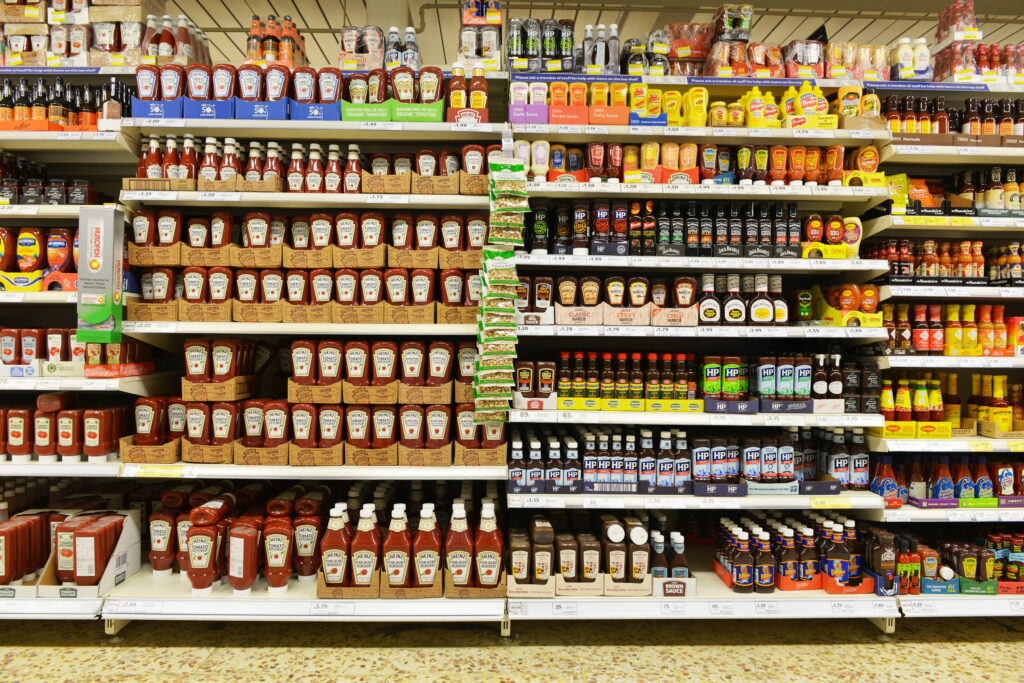
Jane Gilbert undertook research for the Composting Association whilst studying for her PhD
She began her involvement with the organisation when it was founded back in 1995. At the time, she was undertaking research for the Association whilst studying for a Doctorate in microbiology.
While much has been achieved since The Composting Association was established in 1995, there are still some issues to tackle. “2004 was a really testing time,” says Dr Gilbert, remarking on the struggles the Association has been involved with while it tries to bring composting issues to the fore.
Some of the issues are those which affect virtually every corner of the waste industry. Planning, for one, has been has seen a lot of intense activity and discussions between the Association, Defra and the Office of the Deputy Prime Minister. The main planning problem surrounds the complexity of issues as well as the amount of time spent securing approval for applications. An issue which she says is becoming further drawn out and wrapped in red tape since the Animal By-Products Regulations. And, Dr Gilbert explains that members will have to recoup the costs involved in these lengthy processes through their contracts.
In the eyes of the law, we can't really be strictly sure that when a retailer takes in compost, it is not taking in waste.
Classification
Now that the guidance it out, Dr Gilbert says 2005 will be spent working to ensure implementation of the policy goes as smoothly as possible for members.
As well as wanting to speed up the planning process, a main concern for the Association with respect to planning guidance, is the need to clear up the confusion surrounding the status of a compost, ie when is it no longer classed as a waste? It is hoped the policy will rectify the fact that there is currently no clear line at which point waste becomes compost.
“In the eyes of the law, we can't really be strictly sure that when a retailer takes in compost, it is not taking in waste,” she says. “This has serious implications for market development because various companies will be involved in the product in its lifetime, for example the companies that bag the product – and they are not sure whether they should have a Waste Management Licence.
“Also if a company produces a lot of product and needs to store it away from the composting site, it is unclear whether that site needs to also have a licence. Our members want to be able to market their product freely and also pass it on to third parties for bagging and blending,” she stresses.
Exemptions
The Association has also been feeling the drag, for the past five years now, as it waits to hear amendments to Waste Management Licensing exemptions. These are likely to see the tonnage threshold at which a composter needs a waste management licence reduced and will mean a significant increase in costs for smaller composters to bring themselves in line with licensing conditions.
For larger composters, the exemptions may mean a more level playing field. In the past, some larger operators have complained that smaller composters can get together and vie for local authority contracts against them as a cheaper option for local authorities, whilst larger companies have to charge more to recoup the costs of complying with the licence.
As well as working on these issues at home in the UK, the Association plays a wider role in composting through its links with European organisations, including the European Compost Network. This was set up in 2002 with the help of Dr Gilbert and her colleagues. She also represents the CIWM at the International Solid Waste Association.
Biowaste Directive
For the European Network, all eyes are currently on the EU Soil Strategy, which is expected next year – this will incorporate the Biowaste Directive. The Strategy will adjust guidelines for the standard compost needs to reach before it can be mixed with soils. “Because we will need hundreds of new composting and anaerobic digestion facilities to meet landfill diversion targets, it is important that our members know what standards they need to be working to before they go ahead and build these,” says Dr Gilbert.
British Standard Institute's PAS 100, which is currently under review, is the specification to which the Association currently certifies composted products. “It's two years since the standard was set and we have had good success with it, but now it has been put into practice it's time to look at anything than needs ironing out. We are talking to our members about things they feel need to be looked at within the review and we will also be carrying out more tests on plants to find out how they react to different types of compost,” she reveals.
To further increase the standards of compost produced in the UK, the Association is also working with the Environment Agency and the Scottish Environment Protection Agency to set an industry-wide 'Code of Practice'. This is needed she says to prevent the type of situation seen in other industries where all operators get 'rigid and draconian' rules placed on them because of rogue operators dragging the industry down. She uses the example of pig farmers leading to the 'foot and mouth' crisis which saw the Animal By-Products Regulations brought in last year.
The key pinch point will be for low-grade material and where that will actually go.
“We need this Code in order to ensure we don't get even heavier legislation in the future. As with all industries there are rogue operators and we want our members to be able to separate themselves from these. There shouldn't be a lot of extra work needed for them to meet the Code because most will already be at that standard anyway,” she explains.
This will ensure all of the Association's members feel confident about the compost they are producing, she says. And while the organisation represents a diverse range of composters, Dr Gilbert is keen to express the value of them all, from those composting a few thousands tonnes, up to operators running larger facilities working with a few hundred thousand tonnes a year.
“While the smaller ones will not on their own enable landfill diversion targets to be met, they play an important role in the community and getting people into good habits,” she notes. The Association also encourages home composting, believing it is good for people to take some responsibility for their own waste.
Market issues
In terms of the markets tapped into by composters, Dr Gilbert believes that whilst she can see sustainable markets for higher grade composts, the picture for lower grades is less clear cut. “There is a rapidly increasing amount of compost being produced and a lot of work is going into developing high quality markets, but the key pinch point will be for low-grade material and where that will actually go.”
Outlets, she suggests, probably exist in thermal treatment and low-grade land reclamation, although the Association is seeking clarification on the type of material that can be spread on land. Wherever a Local Authority produces a low-grade of material, this is going to be a problem,” the Association consider.
The situation is exacerbated by the lack of data on the ratio of high quality to low quality material being produced, partly because a lot of companies treat the information as confidential.
In the long term, Dr Gilbert says that in terms of low-grade compost, there might well be difficulty trying to put all of that to land. “The agricultural sector is keen to take low-grade compost but it wants to be sure that the material is acceptable quality, so that it is not seen as a dumping ground for society's waste.
“Though it doesn't necessarily have to go to land, it could go to landfill or RDF,” she explains. “The possibility of RDF is being looked into but the issues are whether there are markets for it, and again whether they would be large enough to take the volume of material that is being produced.”
It looks set to be a hugely busy time for The Composting Association, especially in the legislative arena. For composters themselves, the ever growing number of councils collecting green waste and more contractors coming on board with in-vessel composting facilities for animal by products, the key issue may be what to do with all this compost…









Subscribe for free